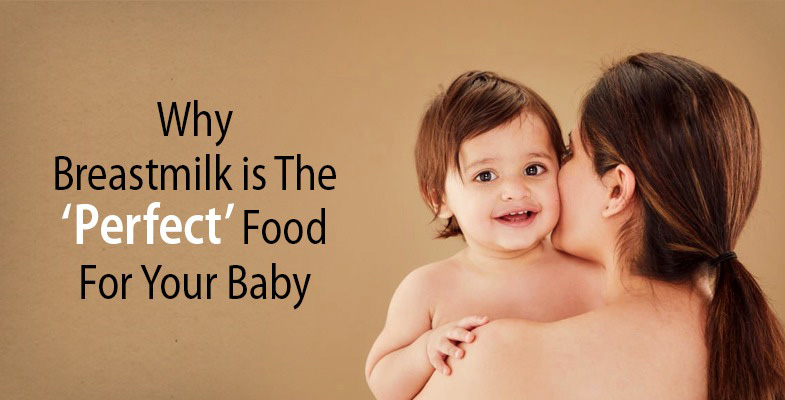
Are you a new mother grappling with one thousand new feelings, emotions, anxieties and fears? You want the best for your baby, but are worried whether what you are doing is right or enough. Well, you are not alone. It is normal to feel anxious, even afraid as you go through the initiation to the motherhood journey. In your mind you have a number to do and not to do lists, some provided by the doctor, some by family and friends. Yet, there are some decisions you need to take on your own.
The first big decision you take about your baby is whether or not to breastfeed. This one step can make a significant difference in your baby’s and your future health. Here’s how…
What is breastmilk?
It is the milk produced by the body of a new mother. Replete with fat, protein, carbohydrate, minerals and vitamins, it is the complete food for your baby. Breast milk has antibodies that protect you baby from illnesses.
Colostrum, the first milk, is yellow and thick. It does not have much water in it, so your baby needs only a very small amount. It helps the newborn’s digestive tract develop and prepare for digestion of breast milk. After colostrum come transitional milk, and finally mature milk.
How often do you need to breastfeed your baby?
This is mostly the baby’s decision and he or she will demand to be fed when hungry. Newborns usually want to be fed every 2-3 hours, by 2 months this is likely to change to 3-4 hours and by 6 months, the need would be about every 4-5 hours.
While choosing to breastfeed your baby is your personal decision, doctors strongly recommend it – exclusively for the first 6 months of the child’s life and intermittently with other food for the next 6 months.
Understanding the benefits of breastfeeding
For your baby:
- It provides the ideal nutrition for infants with the right mix of fat, carbohydrates, vitamins and minerals
- It contains antibodies that help your baby fight off infections – virus and bacteria
- Breastfeeding helps in development of a healthy gut bacteria in your baby, thus giving them a healthy immune system for life
- Breastfeeding lowers your baby’s risk of having asthma and allergies
- Babies fed exclusively on breast milk for the first 6 months of their lives are known to have fewer ear infections, lung ailments and diarrhoea
- Breastfed children have been linked to higher IQs
- They are more likely to gain the right amount of weight, and not be overweight
- It plays a role in prevention of SDS (sudden death syndrome)
- Breastfeeding is also believed to lower risk of diabetes, obesity and certain kinds of cancer
For you:
- Breastfeeding can help you lose your pregnancy weight faster, as it burns extra calories
- It releases oxytocin, a hormone that helps your uterus get back to its pre-pregnancy size. It also helps in lowering stress and anxiety
- It is known to lower your risk of breast and ovarian cancers
- It is likely to lower your risk of osteoporosis
- And most importantly, you develop this very special bond with your baby through the skin-to-skin and eye-to-eye contact. It makes your baby feel secure


